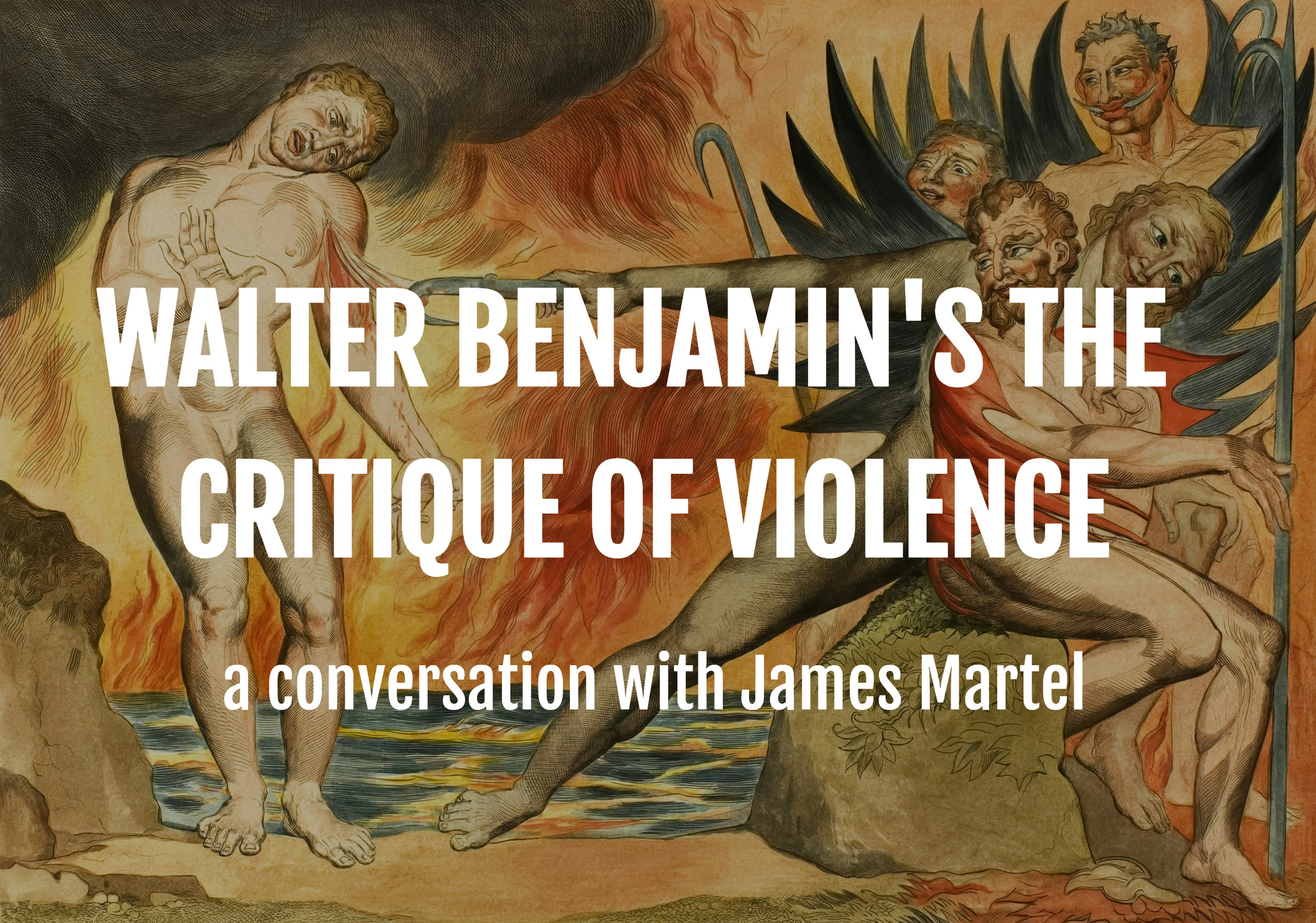
"Reading Benjamin express this in a philosophical text deeply resonated with me because I had never encountered that idea before. It pushed me to think in a more radical direction than I had up to that point."
"We have to keep killing to justify the re-enactment of the images of law that we've created. In your book Divine Violence, you point out that one of the most striking examples of this is the Holocaust."
"That also aligns with Hannah Arendt's point that violence is ultimately impotent. Why else would so much violence be needed if the power model weren't fundamentally weak in its operation?"
"The essay shows how violence has been integral to the formation of modern political systems and raises difficult questions about the theological nature of modern secularism."
Walter Benjamin's 'The Critique of Violence' remains a pivotal work examining the role of violence in the evolution of modern political systems. In a recent dialogue, Professor James Martel reflects on how Benjamin's thoughts resonate today, particularly regarding the essence of both mythical and divine violence. He discusses the implications of fear towards authority, exemplified by police violence, and relates this to broader societal structures that demand justifications for violence, as seen in historical atrocities like the Holocaust. Martel emphasizes the theological questions raised by secularism's reliance on violence and its apparent impotence against underlying power dynamics.
Read at The Philosopher
Unable to calculate read time
Collection
[
|
...
]